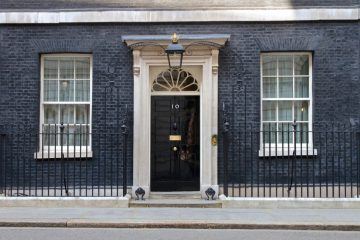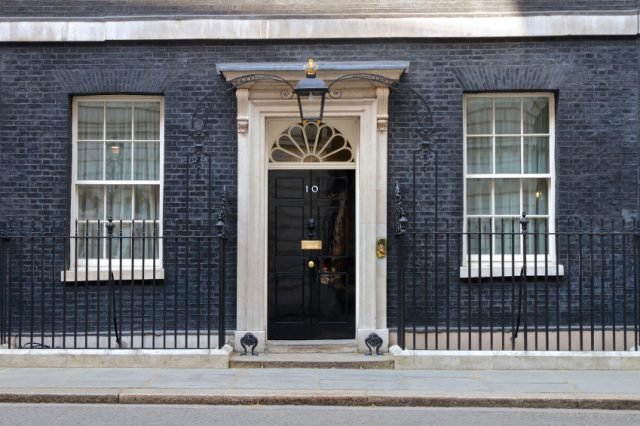New Licensing Scheme Announced for Landlords in Ealing
Private landlords in Ealing, one of the capital’s largest boroughs, will soon be required to obtain a license for their House in Multiple Occupation (HMO).
Ealing Council plans to introduce two new landlord licensing schemes in January 2017, in a bid to improve standards in the private rental sector across the borough, which is home to over 137,000 residential properties, including around 36,000 private rental homes.

New Licensing Scheme Announced for Landlords in Ealing
Under existing rules, only certain larger HMOs in Ealing are covered by the existing compulsory licensing scheme.
The new scheme will apply to all HMOs that are two storeys or more and occupied by four or more people, but not covered by the mandatory scheme.
Additionally, the new selective licensing scheme will apply to all private rental properties in Acton Central, East Acton, South Acton, Southall Green and Southall Broadway wards, where the council believes that this type of licensing will deliver the most benefits to the community.
To obtain a five-year license, landlords or managing agents will be required to pay a fee for each rental property in the designated schemes. The additional licensing fee is £1,100 for each HMO plus £30 for each habitable room, and the selective licensing fee is £500.
Failure to obtain a license could result in prosecution and an unlimited fine.
Landlords that sign up between 1st October and 31st December 2016 may be eligible for a 25% early bird discount. Those that are already members of a recognised landlord accreditation scheme may also qualify for a further discount of £75.
Under the proposals, a licensed landlord will also be required to comply with several conditions relating to the management and condition of their property, including gas, electrical, fire safety and other facilities provided.
A written tenancy agreement would be required and anti-social behaviour by tenants would not be permitted.
Councillor Ranjit Dheer, the Cabinet Member for Community Services and Safety at Ealing Council, comments on the plans: “The introduction of the additional and selective licensing schemes in Ealing will significantly reduce the number of complaints associated with private rented properties, while allowing us to better protect the health, safety and welfare of tenants.
“Underlying our plans to expand our licensing schemes is the serious issue of poorly managed properties, which lead to sub-standard living conditions and anti-social behaviour.
“By providing clear standards under which landlords will operate and tenants will know what to expect, we want to encourage stable, long-term tenancies that will then go on to create sustainable communities.”
Dheer continues: “All our residents deserve decent, safe homes to live in, and we are determined to drive up standards in the borough’s private rented sector.
“The new licensing schemes will give us the opportunity to achieve this and robustly tackle unscrupulous landlords.”









